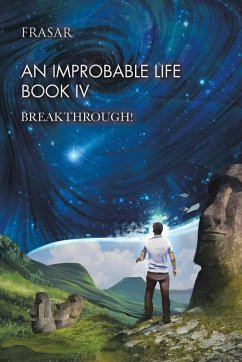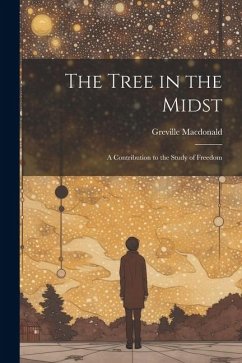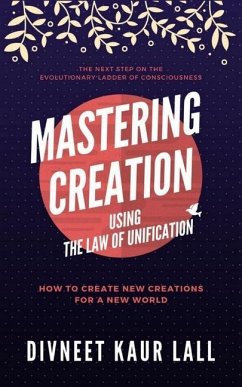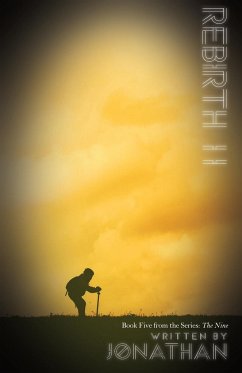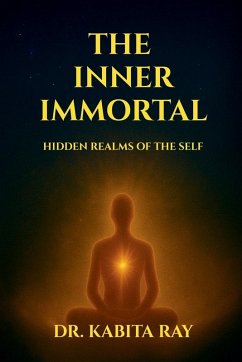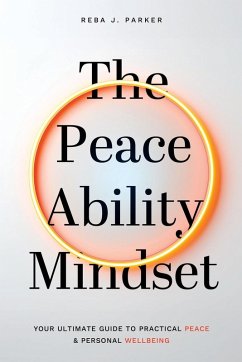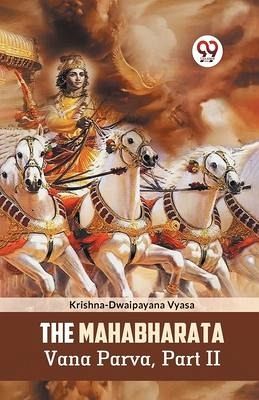
The Mahabharata Vana Parva, Part II
Versandkostenfrei!
Versandfertig in über 4 Wochen
20,99 €
inkl. MwSt.

PAYBACK Punkte
10 °P sammeln!
The verse "The Mahabharata Vana Parva, Part 2" is from the Mahabharata, an old Indian epic written by means of the legendary writer and teacher Krishna-Dwaipayana Vyasa. Many writers are stated to have worked in this epic, that's one of the longest and most crucial works in the global, over several hundred years, however Vyasa is commonly seen as the only who placed all of it together and instructed the tale. The "Book of the Forest," or Vana Parva, is one of the eighteen parvas (books) that make up the Mahabharata. Part 2 of the Vana Parva is by and large approximately the Pandavas being sent...
The verse "The Mahabharata Vana Parva, Part 2" is from the Mahabharata, an old Indian epic written by means of the legendary writer and teacher Krishna-Dwaipayana Vyasa. Many writers are stated to have worked in this epic, that's one of the longest and most crucial works in the global, over several hundred years, however Vyasa is commonly seen as the only who placed all of it together and instructed the tale. The "Book of the Forest," or Vana Parva, is one of the eighteen parvas (books) that make up the Mahabharata. Part 2 of the Vana Parva is by and large approximately the Pandavas being sent away, as they are the main characters inside the Mahabharata. The Pandavas are sent to the desolate tract for thirteen years due to the fact they misplaced their united states in a dice recreation. During this time, the epic talks approximately their problems, studies, and trials. Part 2 has some activities, including the tale of the sage Durvasa's go to to the Pandavas, the story of the Yaksha and Yudhishthira's reaction, and the tale of Arjuna's project to get celestial guns. Not most effective are these indicates amusing to look at, but in addition they teach us essential ethical and philosophical classes.




